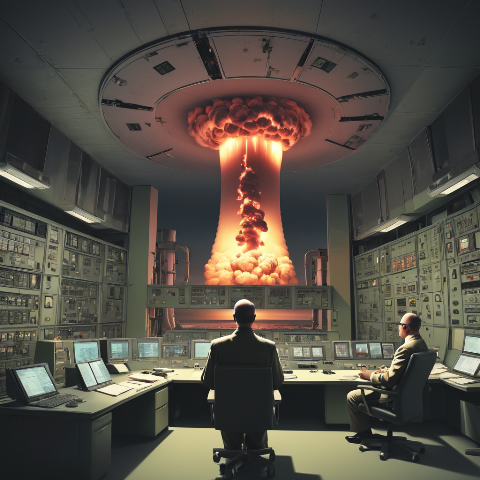The 2024 edition of the IAEA’s Climate Change and Nuclear Power report emphasizes the need for a substantial increase in global investment to expand nuclear power capacity and meet climate change goals. Released during the Clean Energy Ministerial (CEM) in Brazil, the report calls for annual nuclear investment to rise from the current $50 billion to $125 billion by 2050 to achieve the IAEA’s high-case scenario for nuclear capacity, which projects a 2.5-fold increase. More ambitious targets, including the tripling of capacity pledged by over 20 countries at COP28, would require $150 billion annually.
Nuclear power is gaining traction globally as countries seek energy security and strive for decarbonization. IAEA Director General Rafael Mariano Grossi acknowledged the financial challenges of upfront nuclear costs, particularly for developing countries, and called for greater private sector involvement alongside multilateral development banks to ensure wider access to financing options.
The report explores strategies to unlock private-sector financing, a rising focus in global energy discussions. In September 2024, 14 major financial institutions signalled their readiness to finance nuclear projects during New York Climate Week. The IAEA is also engaging with multilateral development banks to promote nuclear energy financing for developing nations.
The report's launch at a CEM side event, co-hosted by the IAEA and the CEM’s Nuclear Innovation: Clean Energy Future (NICE) initiative, featured discussions on making nuclear energy more affordable and accessible. Jean-Francois Garnier, Head of the CEM Secretariat, highlighted the importance of financing nuclear expansion to support clean energy integration and accelerate transitions worldwide.
Speakers from Brazil, the IAEA, the International Energy Agency (IEA), and the United States discussed securing capital for nuclear power projects ahead of COP29 in Azerbaijan, where clean energy financing will be a key topic. Sylvia Beyer of the IEA stressed the need for financing mechanisms to support workforce and supply chain development, while Brazilian experts highlighted how IAEA tools were instrumental in studies on the country’s nuclear energy expansion.
The report underscores the role of policy reform, international partnerships, and regulatory frameworks in enabling nuclear expansion, including the development of small modular reactors. Nuclear power’s inclusion in sustainable financing frameworks, such as the EU’s green taxonomy, has already led to green bonds issued for nuclear projects in Finland and France.
The IAEA’s report emphasizes that addressing the multifaceted challenges of energy transitions requires a robust global commitment, comprehensive financing strategies, and collaboration across public and private sectors to meet both climate and development goals.











